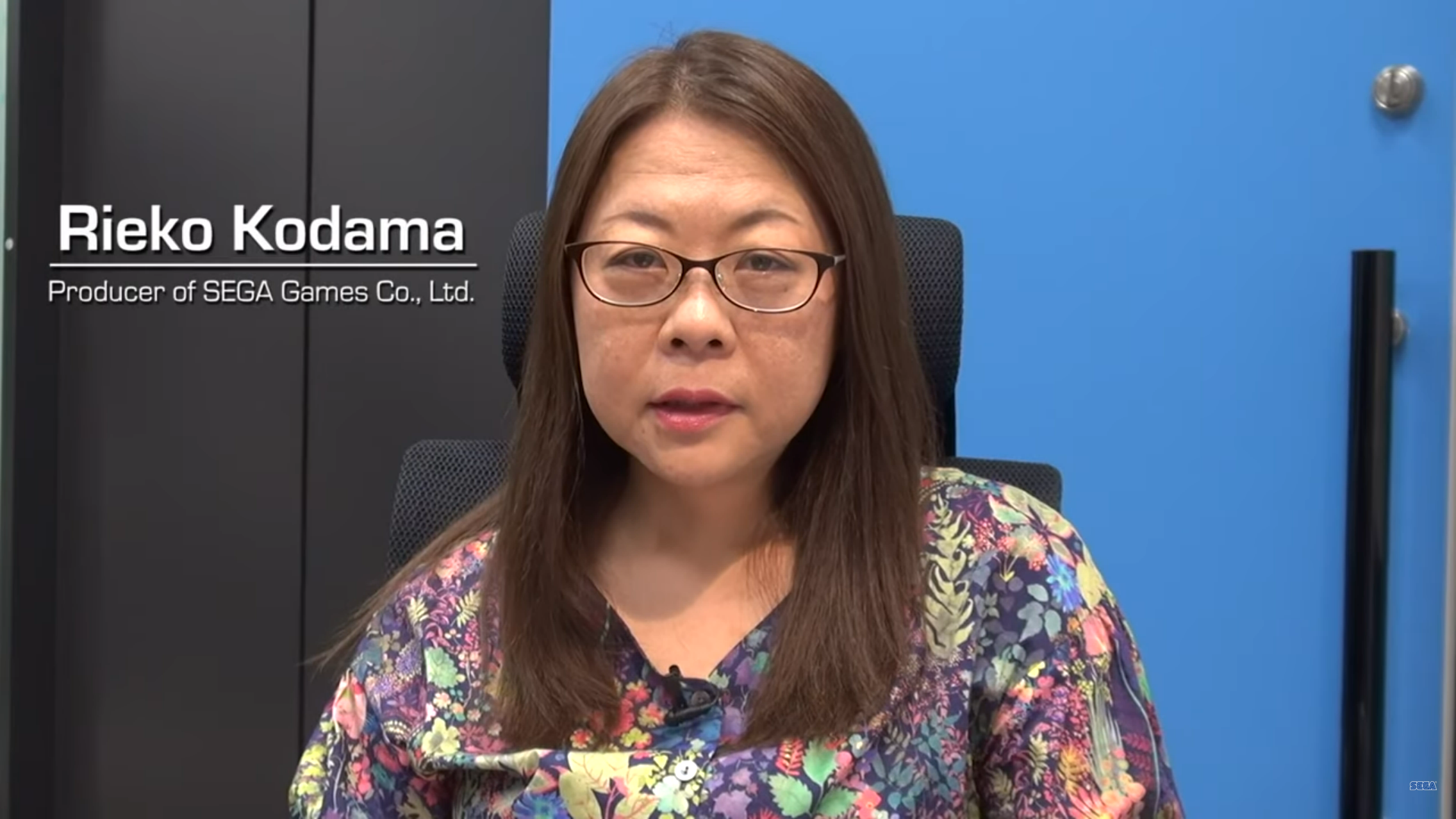Everything from Phantasy Star to Skies of Arcadia, and more.
It is sad time in the land of Sega. One of the company’s most prolific developers, Rieko Kodama, has passed away at age 59.
You might not know her by name, but you’ve likely played a number of games that Rieko Kodama (who also went by Phoenix Rie) has worked on. She worked on a number of Sega titles as an artist (which, for those unaware, included in-game art assets) in the 80’s, notably things like Alex Kidd, Altered Beast, Fantasy Zone, and even the first two Sonic the Hedgehog games. But what’s widely regarded as her biggest contribution to the company was in their RPG’s, having worked on the Phantasy Star series from its inception and even directing Phantasy Star IV and Magic Knight Rayearth. She also worked as a producer on Skies of Arcadia. In later years, she served as a producer for the 7th Dragon series.
Sadly, as IGN notes, she actually died back in May of this year; her death went unannounced for most of the year, out of respect to her family. It was only due to the fact that fans found a tribute to her in the Mega Drive Mini 2 that prompted Sega producer Yosuke Okunari to confirm the news.
Her influence and impact on the gaming landscape was massive. A large number of the games she worked on are still talked about today, especially the Phantasy Star series. And you will find it hard to find a fan of Skies of Arcadia that hasn’t spent the past 20 years longing for a sequel. Notably, in 2018, she won a pioneer award at Game Developer’s Choice Awards for her achievements over her career.
Of her design philosophy, she said the following in an interview:
Well, girls playing games isn’t horribly unusual here. You start playing them in your youth. Then the kids play them, moms play them, dads play them…I think girls tend to like RPGs, like Final Fantasy. Girls who play games like that seem to get more of a desire to work in this field. I usually don’t think to make games strictly for a female audience, myself, but I think my RPGs attract a larger female audience. Violent, war-themed titles seem to attract an overwhelmingly male audience. I think if companies want to get more girls to play their games, they should keep this in mind.
Source: Kotaku

